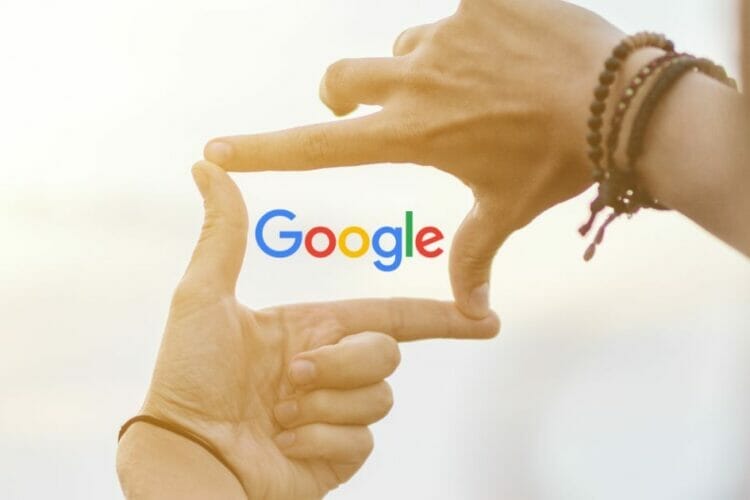For a number of years Google was looking at the words in links pointing to a particular web page as a major part of how it measured the relevance of a page to a particular search term. It made sense that if a lot of sites used “blue widget” in a link pointing to a web page then that page must be about blue widgets.
Of course, people picked up on this and proceeded to build links (often thousands of links) to their web pages with the keywords they were trying to rank for as the anchor text. Having the knowledge and systems to put in extensive link building campaigns meant that many web pages were able to rank well for particular keywords but the most relevant pages were not necessarily the pages that were ranking the best.
Anchor text held a lot of weight for a long time but the question now is… how important is anchor text these days since the recent Google updates.
Google Is An Evolving Business
Like any business, Google is continually evolving to better suit it’s customers’ (searchers) needs.
As the web evolves and becomes more competitive people will always be seeking to get the upper hand over their competitors in the search engine rankings. They will identify loop holes in the search engine algorithms and exploit them and Google will continue stepping in to make sure that their algorithm continues to give relevant search results.
Google and other search engines have become far more advanced than what they used to be. Previously you could use anchor text links to rank a page at the top for near enough any keyword, even if the page had nothing whatsoever to do with the keywords in the links.
Google these days are able to analyze a web page far better than what they used to. They can pretty much determine exactly what a page is about along with the quality of that page. It no longer relies on anchor text like it used to do. We can’t trick Google or add more weight to our pages by using anchor text.
So, What Can We Do?
The Google Penguin update was a change in the Google search algorithm that penalised webmasters and marketers for over optimisation. People who over stepped the mark and forced “keywords” down Googles throats paid the price with many of their links being devalued.
Links will continue to be a ranking factor in how Google determines the authority and relevance of a page. Now Google is not so much looking for descriptive anchor text so much as it is looking for a “vote” and a “natural linking pattern”.
Google looks for links from relevant web pages. If a web page that is trusted and is relevant to another web page and then links to that web page, that backlink will hold some value. Google can see that relevance so it doesn’t need us to over optimise our links all the time for the keyword we are trying to rank for.
So, What Kind Of Anchor Text Should We Use?
Google is getting big on branded sites so links containing your name or URL as the anchor text should definitely be included, e.g.
- Visit the Buzz Web Media website
- Visit BuzzWebMedia.com.au
- https://buzzwebmedia.com.au
Also use generic anchors and plenty of them. In the old days for Search Engine Optimisation we never included anchor text not related to what we wanted to rank for, but it is what a normal uneducated user would use as anchor text so a good amount of this type is what Google considers natural. Google can determine the content of the page around the link and will assign relevance by this.
Some examples of this type of anchor text are:
- Click here
- Visit our website
- For more information
- Read more here
Of course, this doesn’t mean that you should not include keywords. They should be added but far less frequently. Use related words as well and not necessarily the keyword you are targeting.
If you would like more information on search engine optimisation, click here




